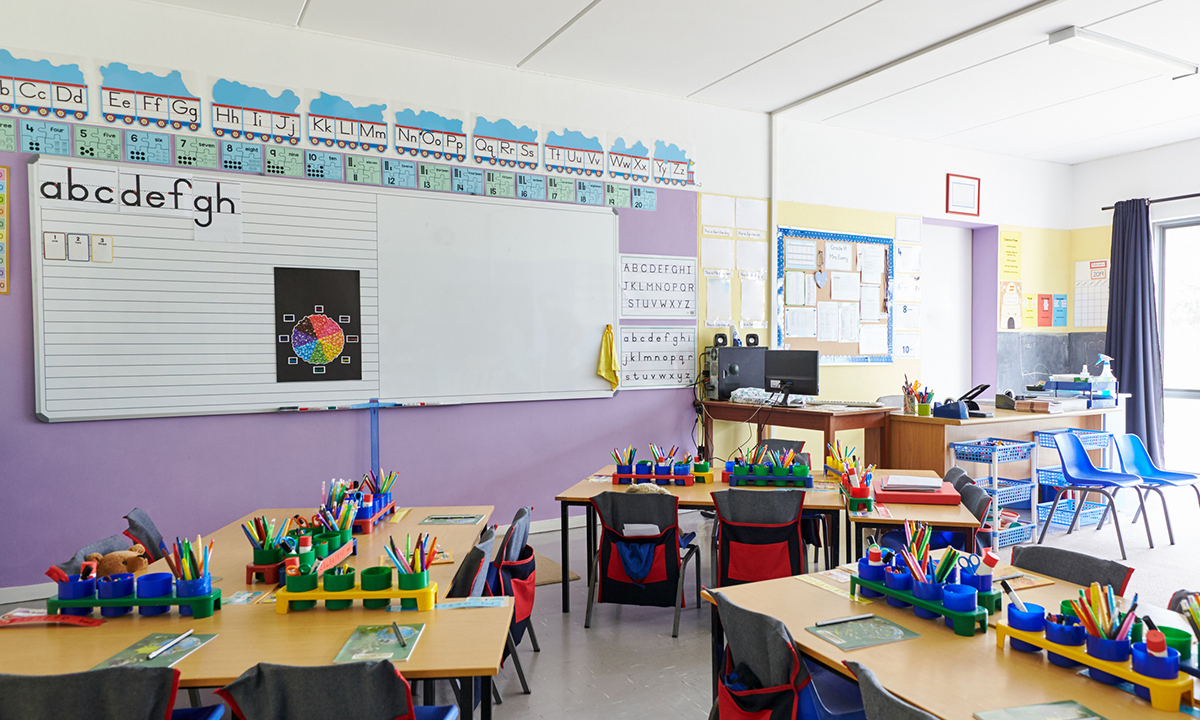Evidence — and Its Limits — in the School Choice Debate
Paul: The true value of school choice is not measured in data but in the freedom parents have to pick schools that reflect their values.

Get stories like this delivered straight to your inbox. Sign up for The 74 Newsletter
A new Urban Institute working paper on Ohio’s EdChoice voucher program has generated buzz among education reformers — and for good reason. It finds that participating students are more likely than similar peers to enroll in and graduate from college, with especially strong results for Black students. For those of us who support school choice, that’s welcome news.
I’ve always favored studies that measure attainment rather than achievement. College enrollment and completion offer a clearer window into long-term success than small bumps in test scores. While this study isn’t a randomized controlled trial, it still adds modest weight to the case that expanding educational options can improve outcomes.
Still, a word of caution: The case for school choice should never rest primarily on academic evidence.
I don’t expect this to be a popular stance among education reformers broadly or even among school choice advocates who’ve spent years assembling studies to “prove” that school choice “works.”
It wasn’t popular in 2022 either, when Jay Greene and I argued it was “Time for the School Choice Movement to Embrace the Culture War.” That paper drew sharp pushback from colleagues, many of whom were openly hostile and visibly annoyed by the shift in strategy. We had challenged the prevailing orthodoxy that avoiding cultural conflict — or parroting the language of social justice — was the safest path to political support.
But reality has proven otherwise. Cultural arguments, centered on parents choosing schools that align with their values, have powered a wave of school choice expansion across the country. Far from alienating voters, this approach has energized them.
Now, with dozens of new programs launching or growing, there will be more research. That’s a good thing. But advocates must resist the urge to treat every study as a referendum on the entire movement. Educational freedom shouldn’t be reduced to a debate over effect sizes, methodological choices and findings in technical journals.
Research can inform the conversation, but it must not define it. We shouldn’t bow at the altar of capital-E Evidence — especially when it obscures the moral clarity at the heart of the school choice movement.
The best argument for educational freedom has never been statistical. It’s moral. It’s about affirming the right of families to raise their children according to their own beliefs. A successful education system isn’t just one that boosts college attendance; it’s one that respects parental authority.
Good research has its place. Studies like those from the Urban Institute can inform policy and spotlight promising outcomes. But for school choice advocates, such evidence should remain secondary, even when the findings are favorable. For most parents, the case for school choice isn’t grounded in p-values.
Too often, advocates fall into the trap of justifying every policy through academic evidence, obscuring the stronger argument: No child should be forced into a school that undermines their family’s values.
Some may call this moving the goalposts. That after years of highlighting low test scores in traditional public schools, we’re now backing away from data. I reject that framing. We’re not bound to defend strategic choices made decades ago. Plus, parents simply aren’t chasing incremental gains on standardized assessments; they care more about whether schools are helping raise the kind of people they want their children to become.
And that brings us to a deeper issue: Why should all school sectors be judged by the same metric in the first place? I can already hear the charges of hypocrisy: You slam traditional public schools for low test scores but won’t hold choice-based schools to the same standard. But that criticism misunderstands the premise. In a system where families are empowered to choose schools aligned with their own priorities, the need for any single, standardized measure of quality becomes far less salient.
In the absence of universal educational freedom, standardized test scores and attainment metrics serve as rough proxies for school quality. But when families are truly free to choose, they make decisions based on a much broader range of priorities. In that context, relying on any outcome as the sole measure of effectiveness feels increasingly out of step with how parents actually evaluate schools.
Outcomes like character formation, civic knowledge and psychological resilience are harder to measure than college enrollment — but they matter deeply to parents. One of the most promising ways to help families find schools that support the outcomes they value most is through universal Education Savings Accounts: generously funded and available to all, regardless of student background, family income, or prior public school enrollment.
When a school contradicts a family’s values, no test score can justify it. That’s why school choice must be grounded in the principle of parental authority, not in academic metrics or technocratic validation. Research can support this case, but it can’t substitute for it. The most fundamental outcome remains whether parents are free to choose schools that reflect their values — or trapped in ones that don’t.
Get stories like these delivered straight to your inbox. Sign up for The 74 Newsletter

;)
